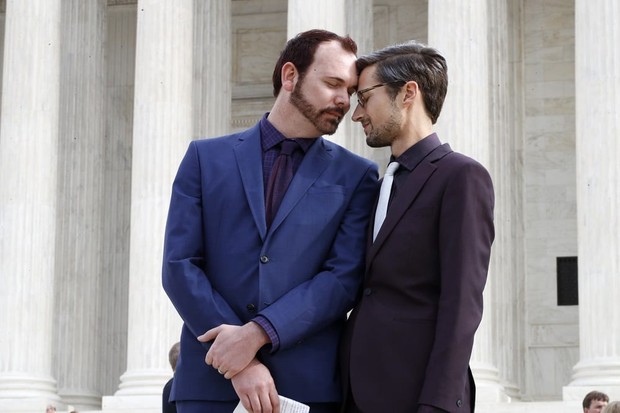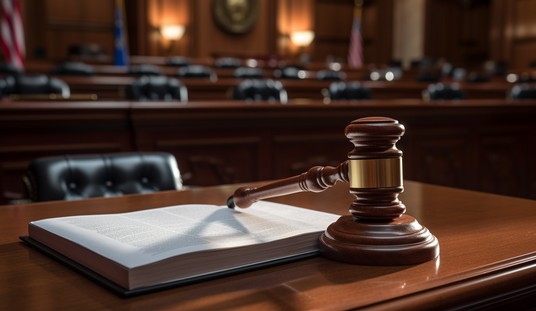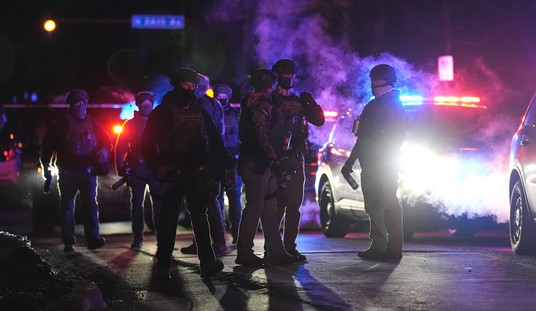
Charlie Craig, left, and David Mullins touch foreheads after leaving the Supreme Court which is hearing the case, the ‘Masterpiece Cakeshop v. Colorado Civil Rights Commission’ today, Tuesday, Dec. 5, 2017, in Washington. (AP Photo/Jacquelyn Martin)
The Supreme Court just announced its decision in Masterpiece Cakeshop vs Colorado Commission on Civil Rights. Kennedy wrote the decision for a messy 7-2 split:
KENNEDY, J., delivered the opinion of the Court, in which ROBERTS, C. J., and BREYER, ALITO, KAGAN, and GORSUCH, JJ., joined. KAGAN, J., filed a concurring opinion, in which BREYER, J., joined. GORSUCH, J., filed a concurring opinion, in which ALITO, J., joined. THOMAS, J., filed an opinion concurring in part and concurring in the judgment, in which GORSUCH, J., joined. GINSBURG, J., filed a dissenting opinion, in which SOTOMAYOR, J., joined.
This is via SCOTUSBlog’s live blog:
Court begins by noting that the case presents “difficult questions as to the proper reconciliation of at least two principles. The first is the authority of a State and its governmental entities to protect the rights and dignity of gay persons who are, or wish to be, married but who face discrimination when they seek goods or services.”
“The second,” Kennedy writes, “is the right of all persons to exercise fundamental freedoms under the First Amendment.”
“Whatever the confluence of speech and free exercise principles might be in some cases, the Colorado Civil Rights Commission’s consideration of this case was inconsistent with the State’s obligation of religious neutrality. The reason and motive for the baker’s refusal were based on his sincere religious beliefs and convictions.”
There will be a lot more on this later by much smarter people. Read the decision.












Join the conversation as a VIP Member